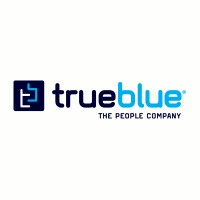
Confidential
Perfect placements. Rapid staffing. We are the foremost provider of exceptional HR solutions. We offer contract, temporary and permanent placement solutions for roles in finance and accounting, technology, marketing and creative, legal, and administrative and customer support. We deliver invaluable industry insights to our clients and commit wholeheartedly to training and mentoring our candidates. Our goal is to connect talented individuals with the job opportunities and employers they desire. Every day, we link over 5000 people to rewarding positions that utilize their skills and foster the development of new expertise for the future.






